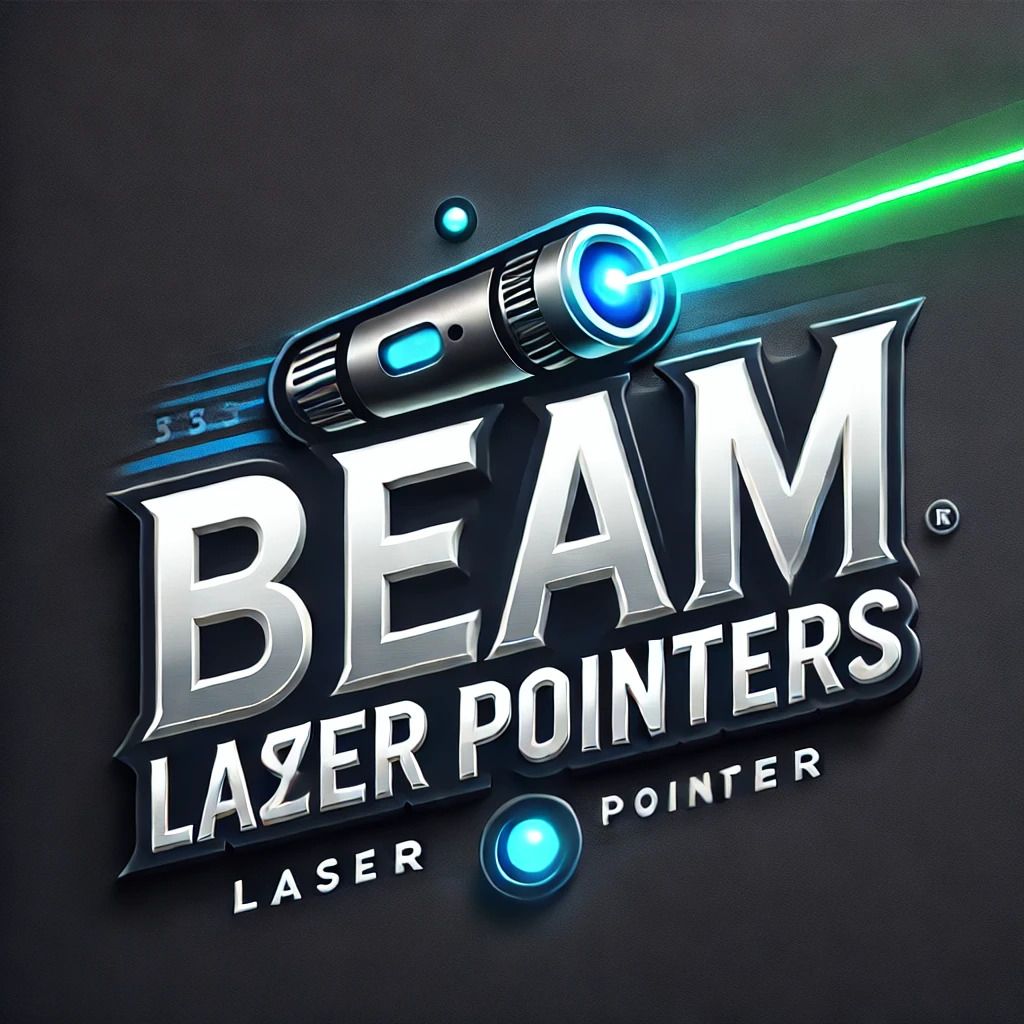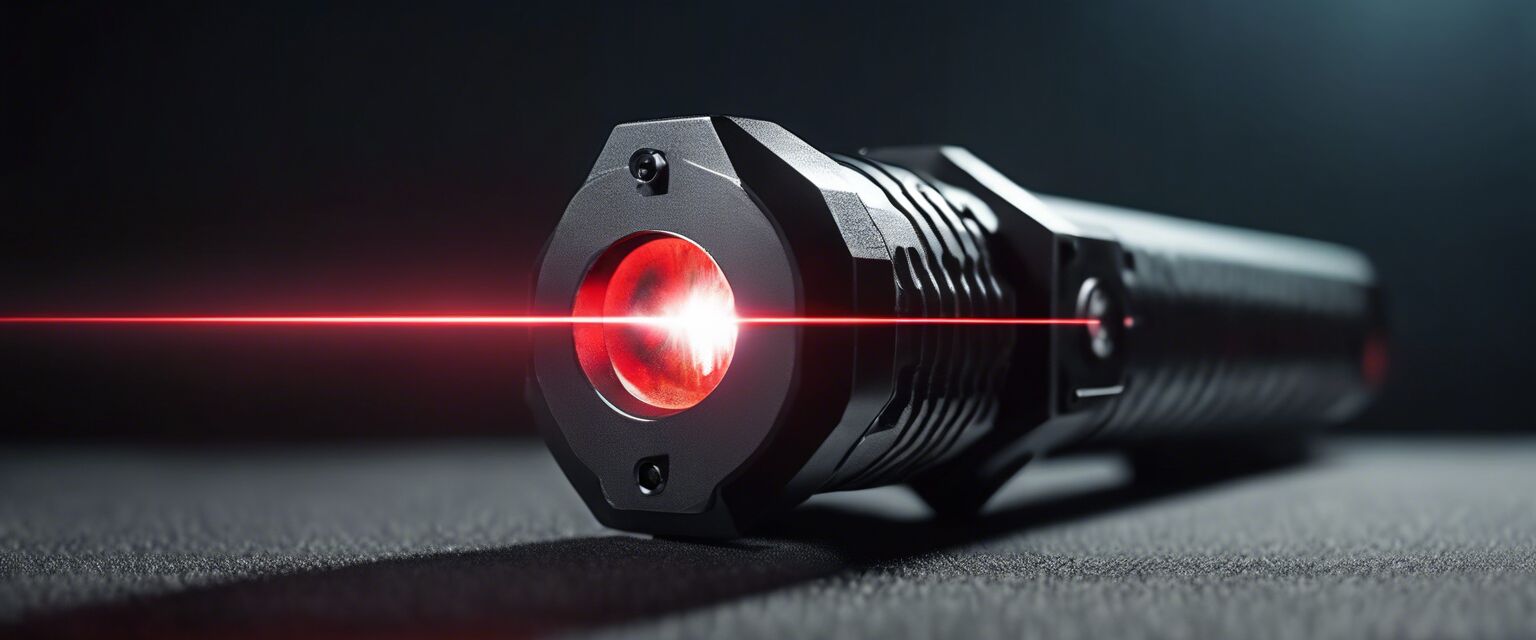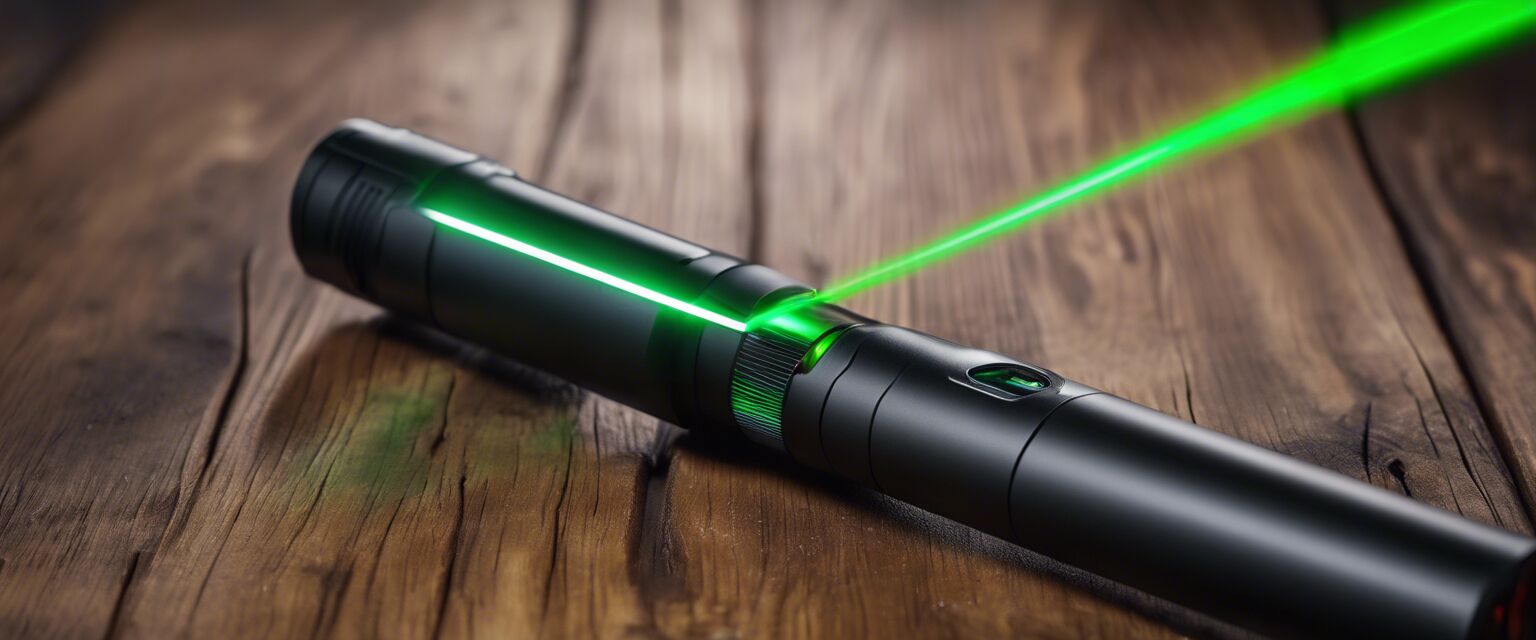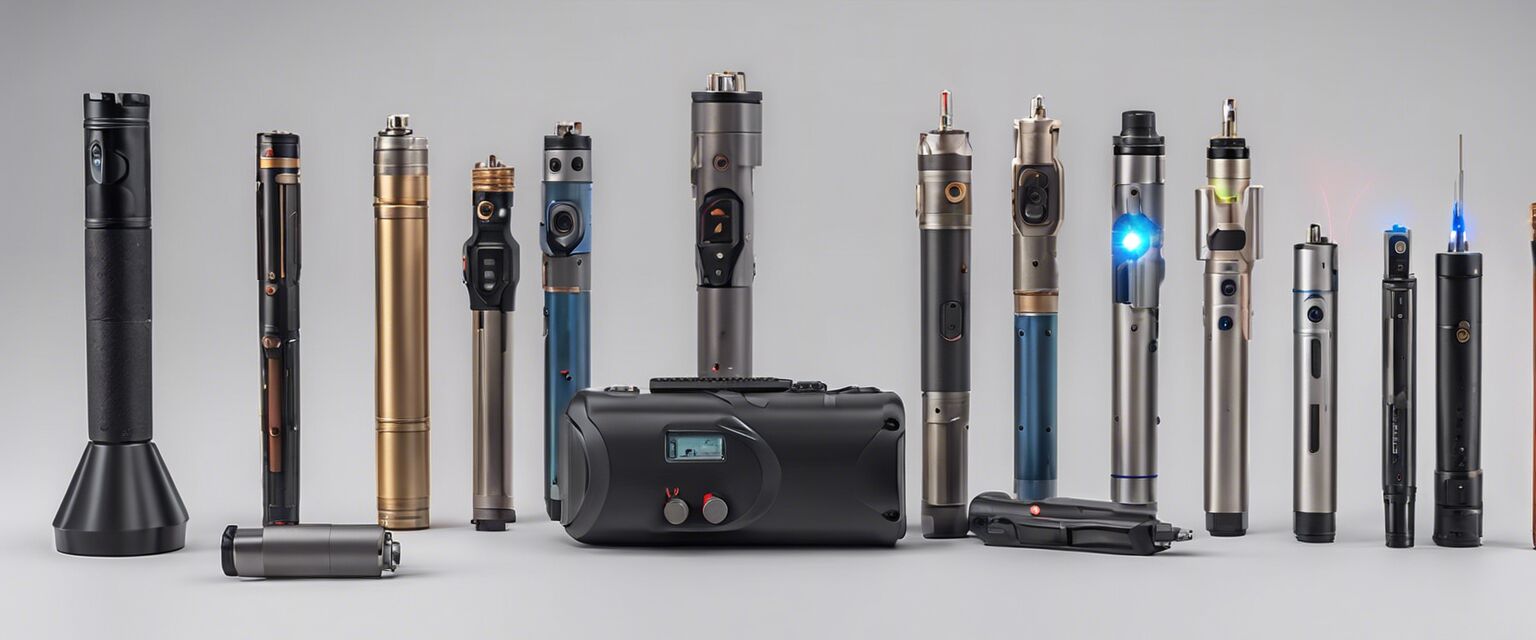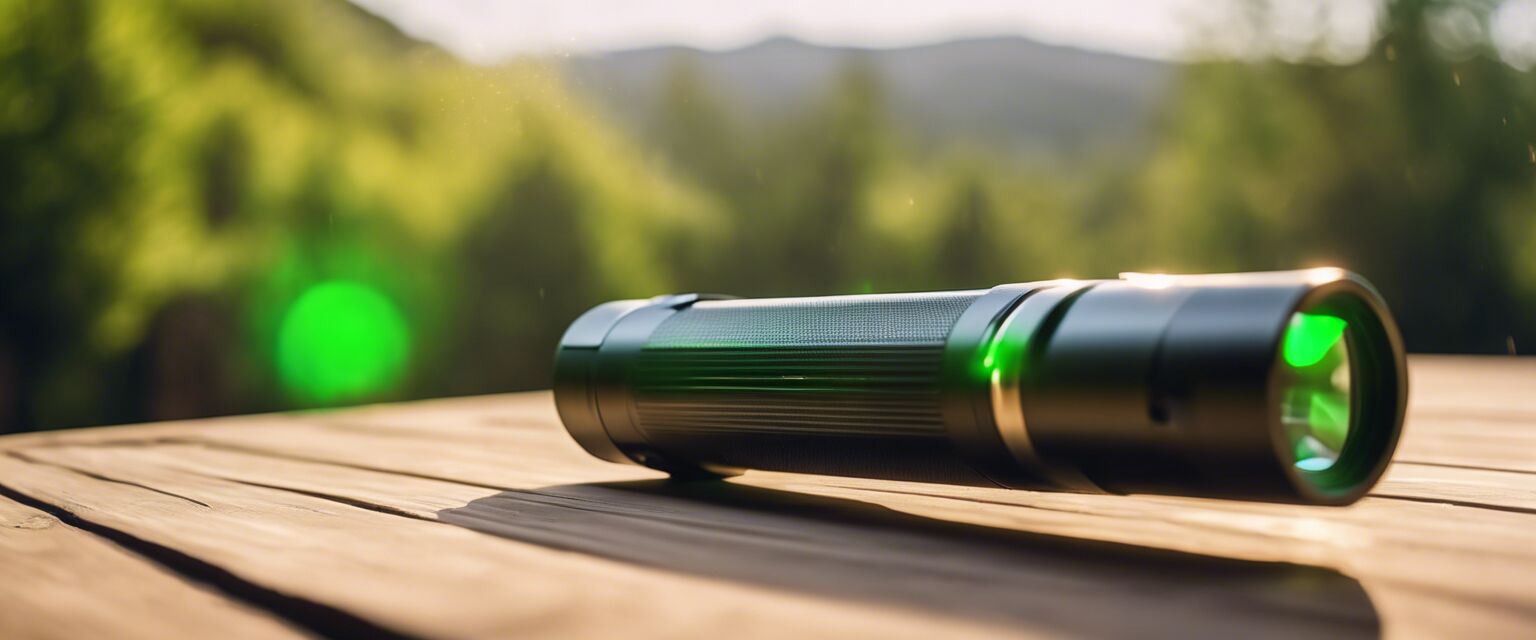
Laser Pointer Safety Tips
Key Takeaways
- Always use laser pointers in safe environments to avoid accidental exposure to eyes.
- Choose appropriate laser pointer power levels for your intended application.
- Educate users on correct handling and usage of laser pointers.
- Be mindful of laser pointer use around pets and wildlife.
- Follow legal regulations regarding laser pointer use in public areas.
Laser pointers are versatile tools employed across various sectors, including education, industrial, and recreational activities. However, with great power comes great responsibility. Understanding and implementing safety measures is critical to ensure that these handy devices are used properly. This guide aims to shed light on vital laser pointer safety tips across different applications and environments.
The Risks of Laser Pointers
Before we delve into safety tips, it's essential to recognize the potential hazards associated with laser pointers:
- Eye injury: Direct exposure can cause serious eye damage.
- Disorientation: Pointing lasers at moving objects can lead to distractions.
- Public disturbances: Laser usage in public spaces can lead to panic or accidents.
General Safety Guidelines
Dos and Don'ts
| Dos | Don'ts |
|---|---|
| Always point away from people | Never point at the eyes |
| Use laser pointers designed for your application | Avoid using high-powered lasers in crowded areas |
| Keep lasers stored safely | Don't leave them unattended |
Specific Safety Tips for Different Applications
1. Educational Use
When using laser pointers in classrooms or presentations, consider the following:
- Use low-powered lasers to minimize risks.
- Conduct demonstrations from a safe distance.
- Ensure that students are well-informed about laser safety.

2. Industrial Settings
In industrial environments, it is crucial to:
- Utilize laser pointers with appropriate power ratings for the task.
- Implement safety barriers if necessary.
- Wear protective eyewear if required by the application.
3. Pet Toys
When laser pointers are used as toys for pets, adhere to these guidelines:
- Be aware of your pet's behavior and reactions.
- Never shine lasers in their eyes.
- Limit playtime to keep them from becoming overexcited.

4. Astronomical Use
Those interested in astronomy should follow these safety measures:
- Use laser pointers specifically designed for sky observation.
- Avoid pointing lasers at aircraft or pedestrians.
- Utilize colored lasers to minimize light pollution.
5. Tactical Use
For tactical applications, ensure the following precautions:
- Choose weather-resistant lasers for outdoor use.
- Make sure you are trained to use them effectively.
- Follow legal guidelines for usage in your area.
Pros
- Effective communication tool in presentations.
- Useful for training and teaching environments.
- Enhances pet playtime and interaction.
Cons
- Can cause eye damage if misused.
- Risk of distraction in certain environments.
- Legal restrictions in some public areas.
Staying Informed About Regulations
It is essential to stay updated on local and national regulations concerning laser pointer usage. Always check the guidelines to ensure compliance, particularly in public settings or specialized applications. For more information, visit our sections on Industrial Lasers and Tactical Lasers for enhanced specifications and usage guidelines.
Training for Safe Usage
Training is vital for users of laser pointers, especially in educational and industrial settings. Consider providing workshops or online safety courses to ensure everyone understands operational risks and safety measures. Furthermore, it’s essential to include Presentation Lasers as a means to educate individuals accurately.

Conclusion
In conclusion, laser pointers are valuable tools that contribute to various fields when used correctly. By adhering to the guidelines provided in this article, users can enjoy the benefits while minimizing risks. Always remember that safety starts with informed usage.
Tips for Beginners
- Start with a low-powered laser pointer.
- Familiarize yourself with the safety guidelines.
- Practice using the laser in controlled environments.
